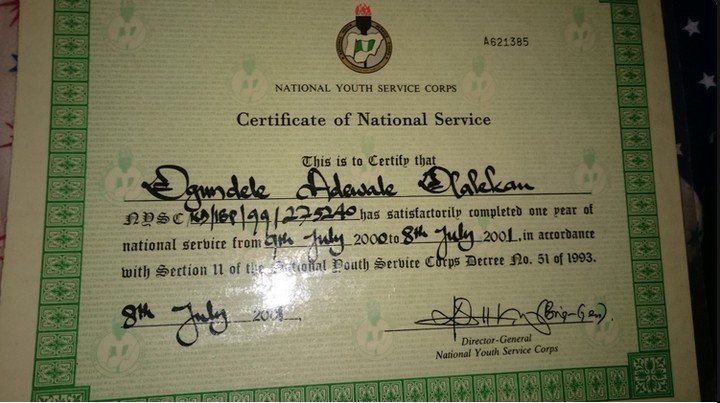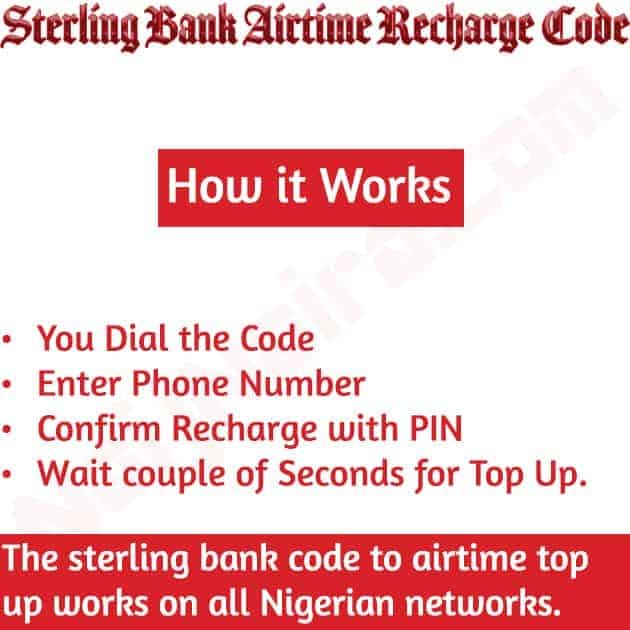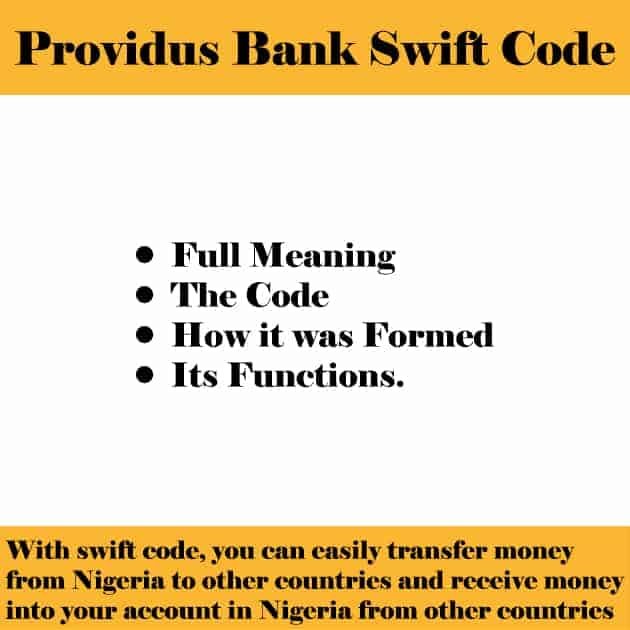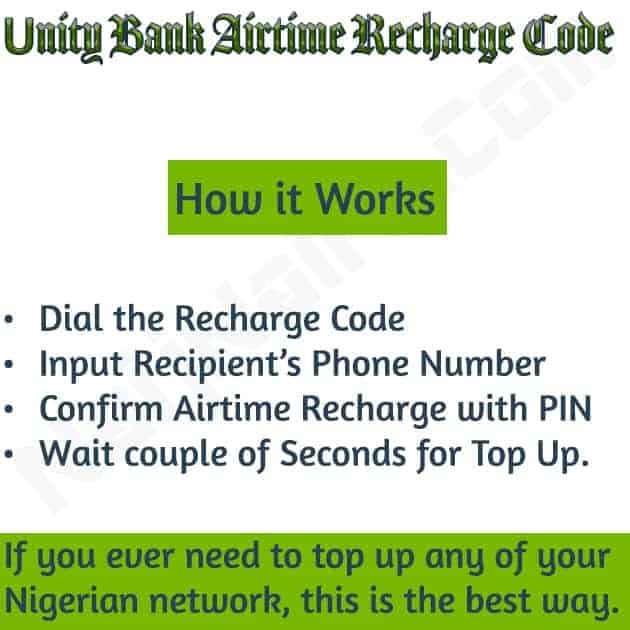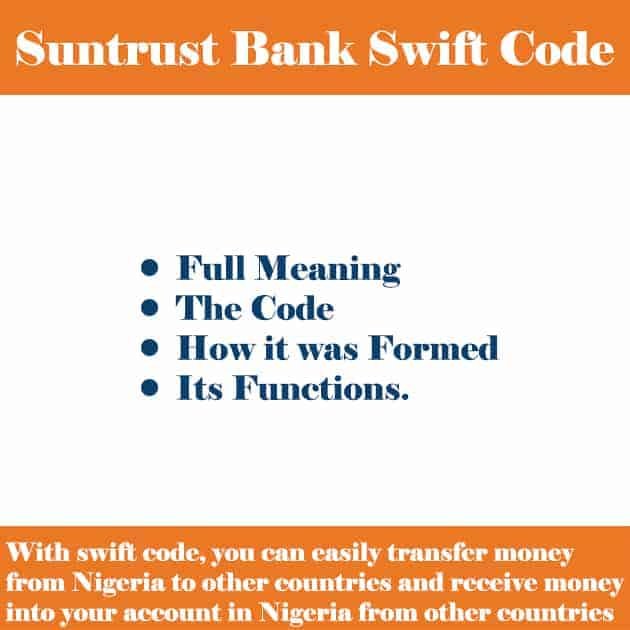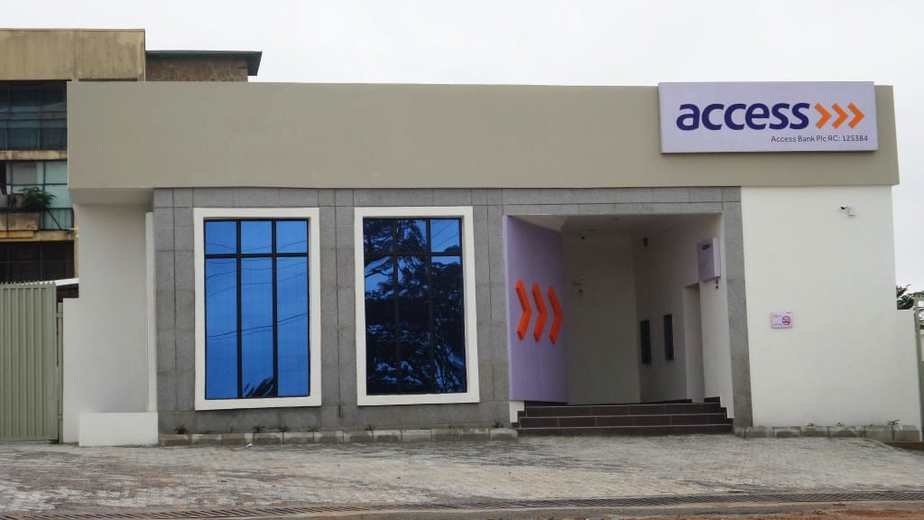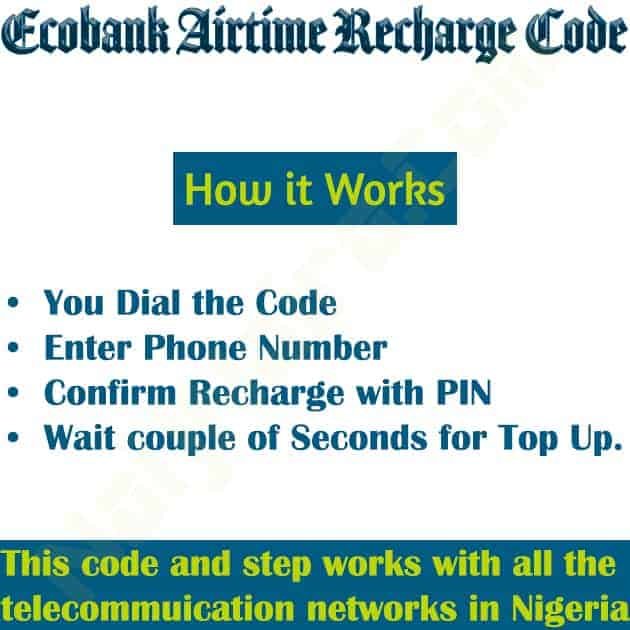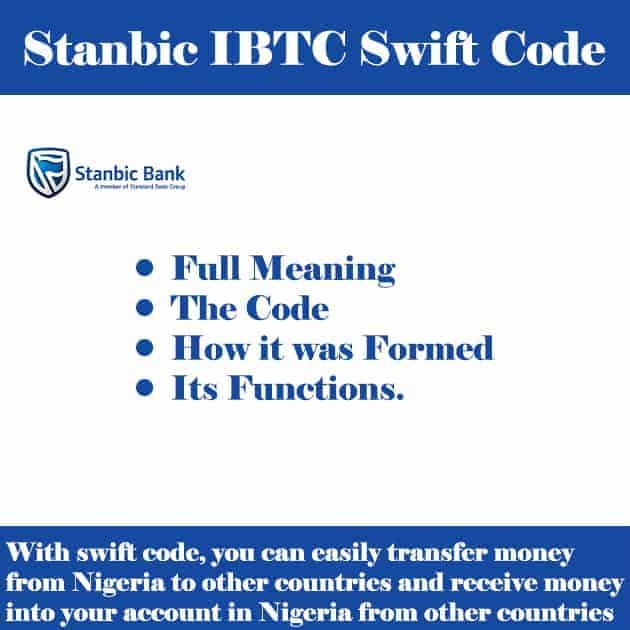How To Apply For World Bank Grant In Nigeria

In this article, you will find out the following: how to apply for a World Bank Grant in Nigeria, if World Bank give grants, how the World Bank grant loans work, how to get financial help in Nigeria, what World Bank grants are, if the World Bank give loans or grants, who gives money to the World Bank, what a grant payment is, which bank is known as World Bank, how long does it take for grant approval, how the grant money get paid?
Understanding World Bank Grants and Loans
The World Bank is an international financial institution that provides financial assistance to developing countries. It offers both loans and grants to support various development projects aimed at reducing poverty and promoting sustainable development.
What Are World Bank Grants?
World Bank grants are financial aids provided to eligible countries or organizations to fund specific development projects. Unlike loans, grants do not require repayment. These grants are typically aimed at projects that align with the World Bank’s mission of poverty alleviation and sustainable development.
How Do World Bank Grants Work?
World Bank grants are awarded based on specific criteria and are intended for projects that meet the World Bank’s development objectives. The application process involves submitting a detailed proposal outlining the project’s goals, expected outcomes, and how it aligns with the World Bank’s priorities.
How Do World Bank Loans Work?
World Bank loans are provided to countries at low-interest rates to finance development projects. These loans are repaid over time and are typically used for large-scale infrastructure projects, such as building roads, schools, and hospitals.
Who Provides Funding to the World Bank?
The World Bank is funded by its member countries, which contribute capital to the institution. These contributions enable the World Bank to provide financial assistance to developing countries in the form of loans and grants.
What Is a Grant Payment?
A grant payment refers to the disbursement of funds provided under a grant agreement. These funds are typically paid directly to the recipient organization or government entity to finance the approved project activities.
Which Bank Is Known as the World Bank?
The World Bank is part of the World Bank Group, which consists of five institutions. The two main entities are:
- International Bank for Reconstruction and Development (IBRD): Provides loans to middle-income and creditworthy low-income countries.
- International Development Association (IDA): Offers concessional loans and grants to the world’s poorest countries.
How Does the World Bank Operate?
The World Bank operates by providing financial products and policy advice to developing countries. It works closely with governments and other stakeholders to design and implement projects that aim to improve economic and social outcomes.
How Long Does It Take for Grant Approval?
The approval process for World Bank grants varies depending on the complexity of the project and the specific requirements of the grant program. It typically involves several stages, including project preparation, appraisal, and approval by the World Bank’s Board of Executive Directors.
How Is Grant Money Disbursed?
Grant funds are disbursed according to the terms outlined in the grant agreement. Payments are typically made in installments based on the completion of specific project milestones or activities.
How to Apply for a World Bank Grant in Nigeria
Applying for a World Bank grant in Nigeria involves several steps:
- Research Available Grants: Identify the World Bank grant programs that align with your project’s objectives. This can be done by visiting the World Bank’s official website or contacting relevant government agencies.
- Understand Eligibility Criteria: Review the eligibility requirements for the identified grant programs to ensure your project qualifies.
- Prepare a Detailed Proposal: Develop a comprehensive proposal that outlines your project’s goals, expected outcomes, implementation plan, and budget.
- Submit the Application: Follow the application guidelines provided by the World Bank or the relevant implementing agency. This may involve submitting your proposal online or through other specified channels.
- Await Approval: After submission, your application will be reviewed, and you will be notified of the decision.
World Bank Projects in Nigeria
The World Bank has been involved in various development projects in Nigeria, focusing on sectors such as education, health, agriculture, and infrastructure. Some notable projects include:
- Immunization Plus and Malaria Progress by Accelerating Coverage and Transforming Services (IMPACT): Aimed at improving vaccination coverage and malaria control.
- Nigerian Rural Access and Agricultural Marketing Project: Focused on upgrading rural roads and enhancing access to markets for agricultural products.
- Nigeria Digital Identification for Development Project: Designed to expand the national identification system to improve access to services.
- Ogun State Economic Transformation Project: Aimed at enhancing the business environment and promoting economic growth in Ogun State.
- Innovation Development and Effectiveness in the Acquisition of Skills Project: Focused on improving technical education and skills development.
- Sustainable Procurement, Environmental, and Social Standards Enhancement Project: Aimed at strengthening procurement and environmental standards.
Frequently Asked Questions
Does the World Bank offer grants to individuals?
The World Bank primarily provides grants to governments and organizations. Individuals may access funding through programs administered by these entities.
How can I get financial help in Nigeria?
Financial assistance in Nigeria can be obtained through various channels, including government programs, non-governmental organizations, and international institutions like the World Bank.
What is the difference between a loan and a grant?
A loan requires repayment with interest, while a grant does not require repayment. Grants are typically awarded for specific projects that align with development objectives.
How can I find World Bank grants in Nigeria?
Information on available World Bank grants in Nigeria can be found on the World Bank’s official website or through relevant government agencies and development partners.
Article updated 4 months ago ago. Content is written and modified by multiple authors.

